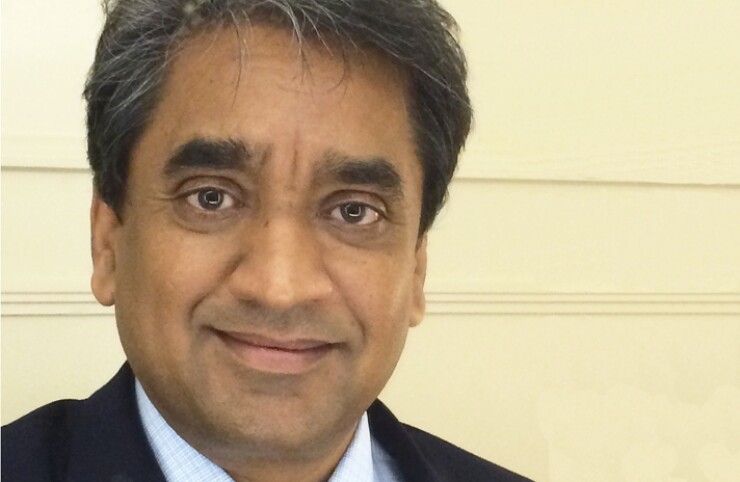
itchaznong – stock.adobe.com
Banks have never been more trusted than they are today since the 2007-2008 financial crisis, but developing countries appear to view them more highly than developed countries, including the United States.
Those are the findings of an annual survey recently released by Edelman Smithfield, a boutique financial communications firm based in New York.
Edelman’s Trust Barometer rates public and private institutions on a 100-point scale, with 60 being the benchmark for trustworthy status.
“It’s encouraging to see banks finally back in the trusted category and continue to build that trust going forward,” Sean Neary, co-head of Edelman’s U.S. financial services practice, said of the report’s findings.
Interestingly, the banking systems of the so-called G7 countries, those with the most developed economies, lag behind less affluent countries. Malaysia, Thailand, Kenya, Nigeria and South Africa all score significantly better than the United States, which received a score of 62. Canada, the highest-scoring G7 country, received a score of 66.
Globally, men rate banks more highly than women. Similarly, younger respondents ages 18-34 trust banks more than those over 55. Edelman surveyed more than 32,000 people in 28 countries for its 2024 Trust Barometer. The results, released earlier this month, mark a notable turnaround for banks, said Cetin Duransoy, CEO of online savings platform Raisin USA.
“Confidence in the Federal Deposit Insurance Corporation has always been high, but [U.S.] “The 2008 banking crisis and subsequent bailouts took a toll on the entire banking system,” Duransoy said. “It’s a positive for financial institutions overall that for the first time since the bailouts, this blemish appears to have been erased.”
Among financial services industry sector sectors, banks received the highest score, ahead of insurance, financial advisors, and investment managers. Cryptocurrencies and digital assets received the lowest score, with 35 points.
The Edelman Trust Barometer and similar surveys “help gauge public opinion and chart a roadmap for the future,” Duransoy said. “Trust is the most important factor when people are parting with their life savings. Building trust, strengthening transparency efforts and listening to core constituencies are all practices banks must hone to succeed.”
Similarly, Paul Schaus, founder and CEO of Phoenix-based consulting firm CCG Catalyst, said the Edelman study could be a planning tool to help banks hone their strategies.“For bankers who sit with management and the board of directors, this is helpful,” Schaus said.
He added that it’s not surprising that respondents from wealthier G7 countries, where expectations are higher, are more skeptical of banks. “They’re more conservative in their thinking,” he said, adding that banking is seen as a more routine part of daily life in developed countries, which may leave less lasting positive impressions on consumers.
Perceptions of U.S. banks were likely affected by the spate of bank failures in the spring of 2023,

Though the Edelman survey was generally optimistic, some observers viewed the results less positively. A score in the 60s means many people still have a negative view of banks, said Suresh Ramamurti, chairman of the $91 million-asset CBW Bank in Weir, Kansas. The skepticism also helps explain the “decentralization” that has taken place over the past decade — the growing share of loans and deposits that fall outside traditional banking activities, Ramamurti added.
“We are not at 100 percent, but the banks have not passed the trust test,” Ramamurthy said.
Edelman Smithfield CEO Rex Svant said in a press release that the financial services industry “still has a long way to go to establish itself in the trusted space,” but Neary saw the overall improvement in banks’ survey scores as a sign “things are moving in the right direction.”
“The industry has been really robust through the economic uncertainty of the past year,” Neary said. “It’s acted as a stabilizing force and something you can rely on.”

